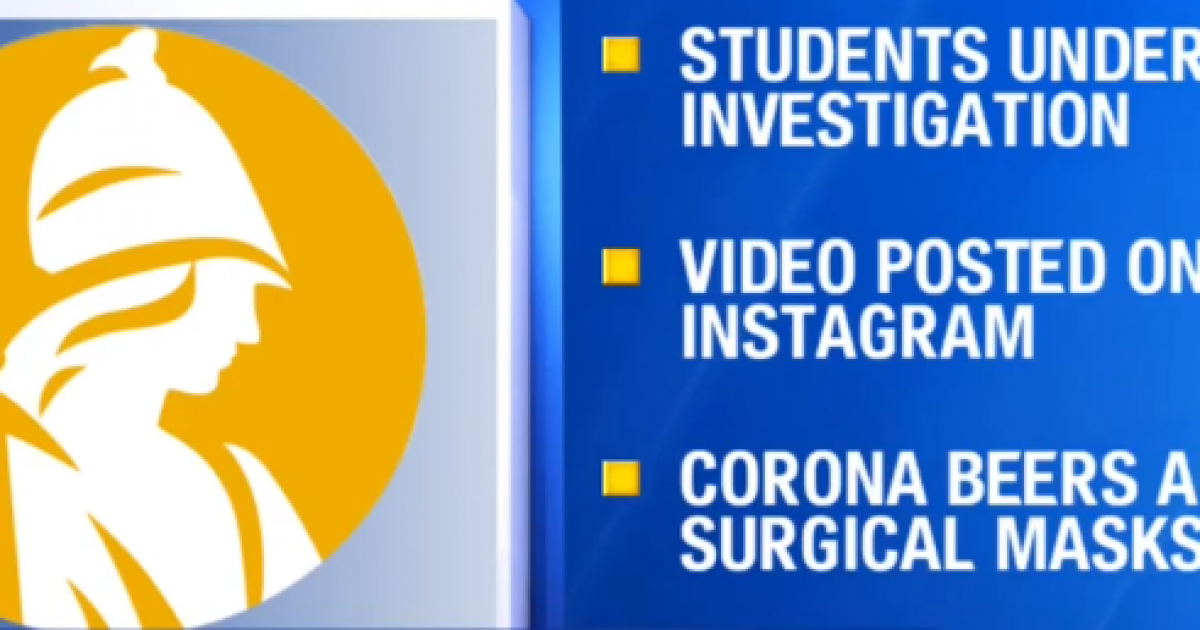
Robby Soave of Reason reported that some students at the State University of New York at Albany (SUNY-Albany) made a video post on Instagram that promoted a “coronavirus” themed party. The video had scenes of corona-beer-filled ice buckets and several attendees in surgical masks.
The video was then deleted.
Regardless of where one stood on the sensitivity of this event, the fact that the university stepped in to investigate the students who held this event is worrisome.
Soave noted that other students have demanded that the university punish this “hate crime against Asian students and scholars.” Because the coronavirus originated in China and has mostly impacted Asian people, the party was perceived as using negative stereotypes against Asian people.
The Asian American Alliance at SUNY-Albany also demanded that the administration investigate the students who posted the video and make them apologize for their insensitivity.
The administration put out a statement that described the party as “distasteful and hurtful.” The university also announced the launch of an investigation, and made it clear that any students who break the university’s code of conduct will face punishment.
Soave does a raise a compelling point:
But there’s nothing to investigate, sanction, or punish. SUNY-Albany is a public university, and as such, its students have the right throw dumb theme parties. Their expression is protected by the First Amendment, and the administration cannot take action against them, even if other students are offended by it.
Yes, universities market themselves as venues of free thought, despite mounting evidence that they have become hubs of PC thought control.
But when public institutions deprive students of their right to free speech, it becomes a question of constitutional infringements. If these are taxpayer-funded institutions, they must allow all speech.
“The act of hosting a party with a theme is itself expressive, and the First Amendment generally does not permit state actors—such as public universities—to make distinctions between whether expression is offensive or inoffensive,” declared Adam Steinbaugh of the Foundation for Individual Rights in Education after coming to the defense of the event. “That’s why public officials, including those at public universities, cannot ban flag burning, drag shows, culturally appropriative Halloween costumes, and other expressive events that offend many other students, like an ‘ugly women’ contest.”
Indeed, people can be offended by certain speech or gatherings. In the same vein, the offended can speak up and criticize these actions as they please.
But to use their discontent and channel it through a taxpayer-funded institution is a blatant form of political censorship.
And it would be naïve to think that free speech shutdowns at universities will occur in isolation.
If history is a good indicator, they are steppingstones for even larger free speech infringements down the line.



